5 Benefits of Vegetable Oil for Cat Fur Health
By. Mohammad Khosidil Haq - 25 Nov 2024.jpg)
makananhewani.com - The health of a cat's coat is an important indicator of a pet's overall health. Thick, shiny, and healthy fur indicates that the cat is getting enough nutrition. One natural ingredient that can help maintain healthy cat fur is vegetable oil. The nutritional content of vegetable oil, such as essential fatty acids, makes it a safe and effective choice for supporting a healthy cat's coat. Here are the main benefits of vegetable oil for cat fur.
1. Provides Essential Fatty Acids
Vegetable oils, such as sunflower seed oil or canola oil, are rich in omega-6 fatty acids. This nutrient is very important for:
- Supports feather growth: Omega-6 helps repair damage to hair follicles and stimulates the growth of new, healthier hair.
- Prevent hair loss: Essential fatty acids help reduce the problem of hair loss in cats.
- Provides natural shine: The routine use of vegetable oil in cat food can make the fur more shiny and smooth.
2. Helps overcome dry and irritated skin
Healthy skin is the basis of a healthy coat. Vegetable oil contains ingredients that help keep cats' skin moist, thus preventing:
- Dry and flaky skin: Vegetable oil helps moisturize the skin from the inside, preventing cracks and dryness.
- Skin irritation and allergies: The vitamin E content in vegetable oil helps reduce inflammation and speed healing of irritated skin.
3. Supports the Immune System
The antioxidant content in vegetable oil, such as vitamin E, plays an important role in strengthening the cat's immune system. A strong immune system helps fight skin infections and keeps hair follicles healthy.
Read more: 7 Benefits of Eating Sea Fish for Health ; LUMPIA SEMARANG: A Fusion of Chinese and Javanese Cuisine
4. Additional Source of Nutrition
Vegetable oils are not only rich in omega-6 but also contain various other beneficial nutrients, such as:
- Vitamin K: Helps blood clotting and supports skin tissue regeneration.
- Healthy fats: Provides additional energy to support cat activities.
5. Helps reduce the problem of tangled fur
Cats with long fur often experience tangled fur problems. Vegetable oil can help with this because of its moisturizing properties, making the coat softer and easier to comb.
How to Give Vegetable Oil to Cats
- Add to food: Mix ½ to 1 teaspoon of vegetable oil into the cat's food, according to its weight and nutritional needs.
- Frequency of administration: Give 2-3 times a week to get optimal results. Don't overdo it, as too much fat can cause obesity in cats.
- Use quality oil: Choose pure vegetable oil that does not contain additives.
Things to Note
Although vegetable oil has many benefits, its use must be done with caution:
- Avoid oils with too high omega-6 levels: Excess omega-6 can cause inflammation.
- Watch for allergic reactions: If the cat shows signs of allergy, such as itching or vomiting, stop administration immediately and consult a veterinarian.
- Do not use vegetable oil as the sole source of nutrients: Vegetable oil is only a supplement, not a substitute for the main food.
Read more: 5 Reasons Chili Sauce Boosts Metabolism ; KERAK TELOR: A Legendary Betawi Culinary Signature
Conclusion
Vegetable oil is a nutritional addition that is beneficial for healthy cat fur and skin. By providing the right amount of vegetable oil, you can help your cat have a healthy, shiny and beautiful coat. However, make sure to always monitor your cat's response to administering this oil and consult a veterinarian if necessary. With proper care, your beloved cat will be healthier and look more charming.
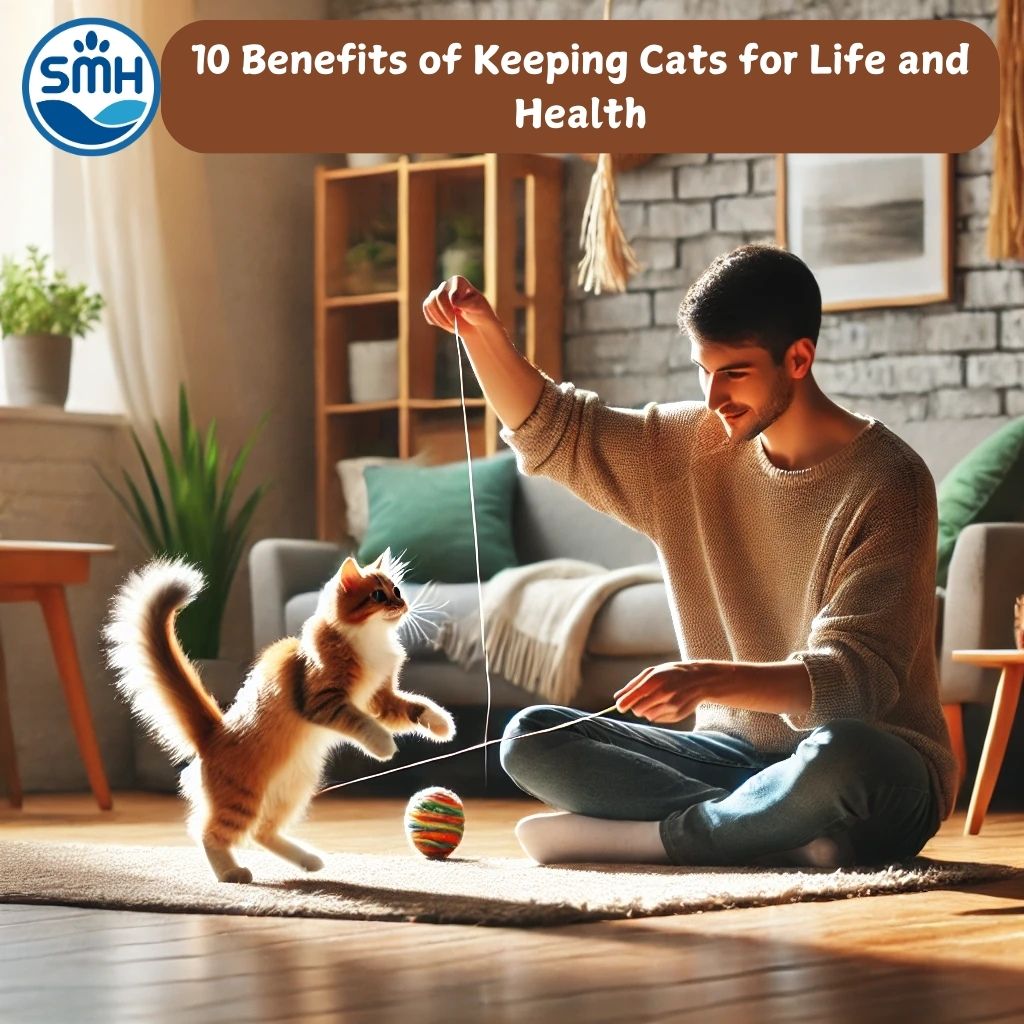
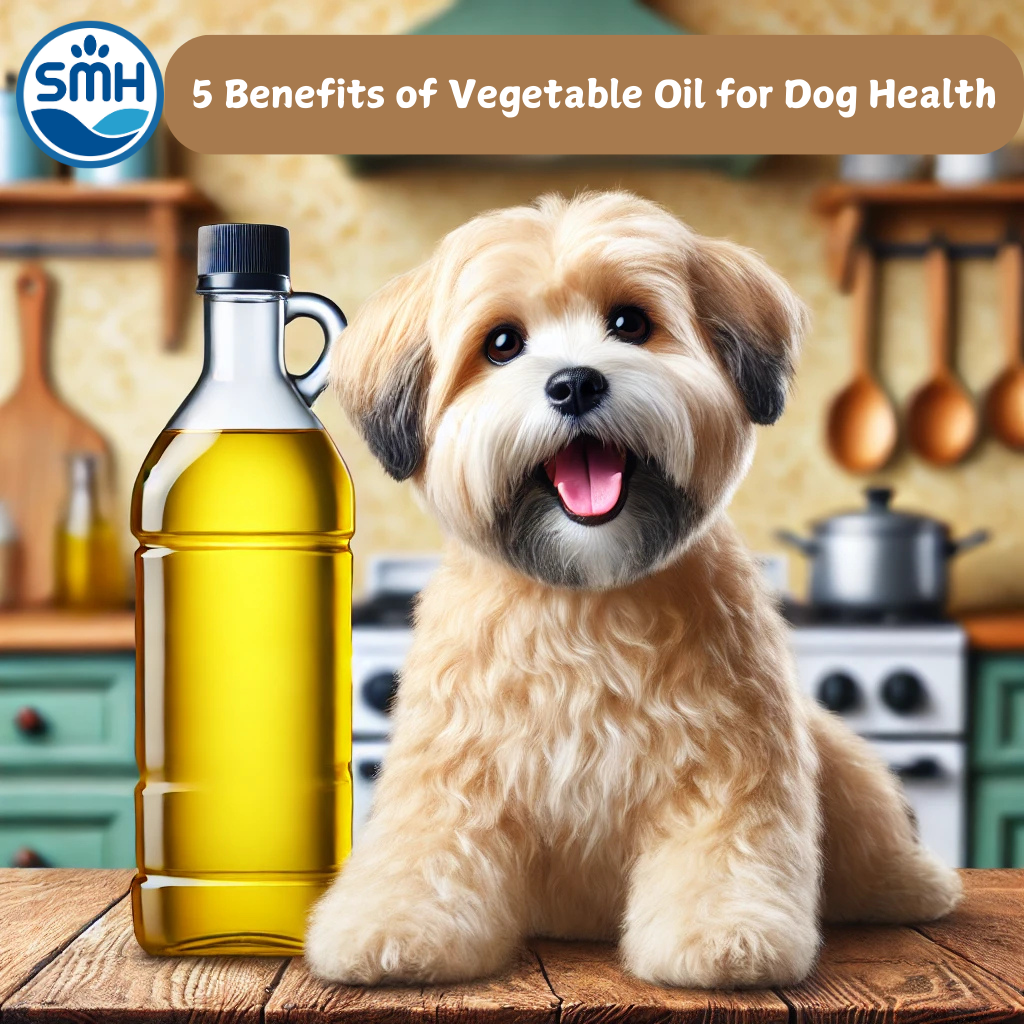
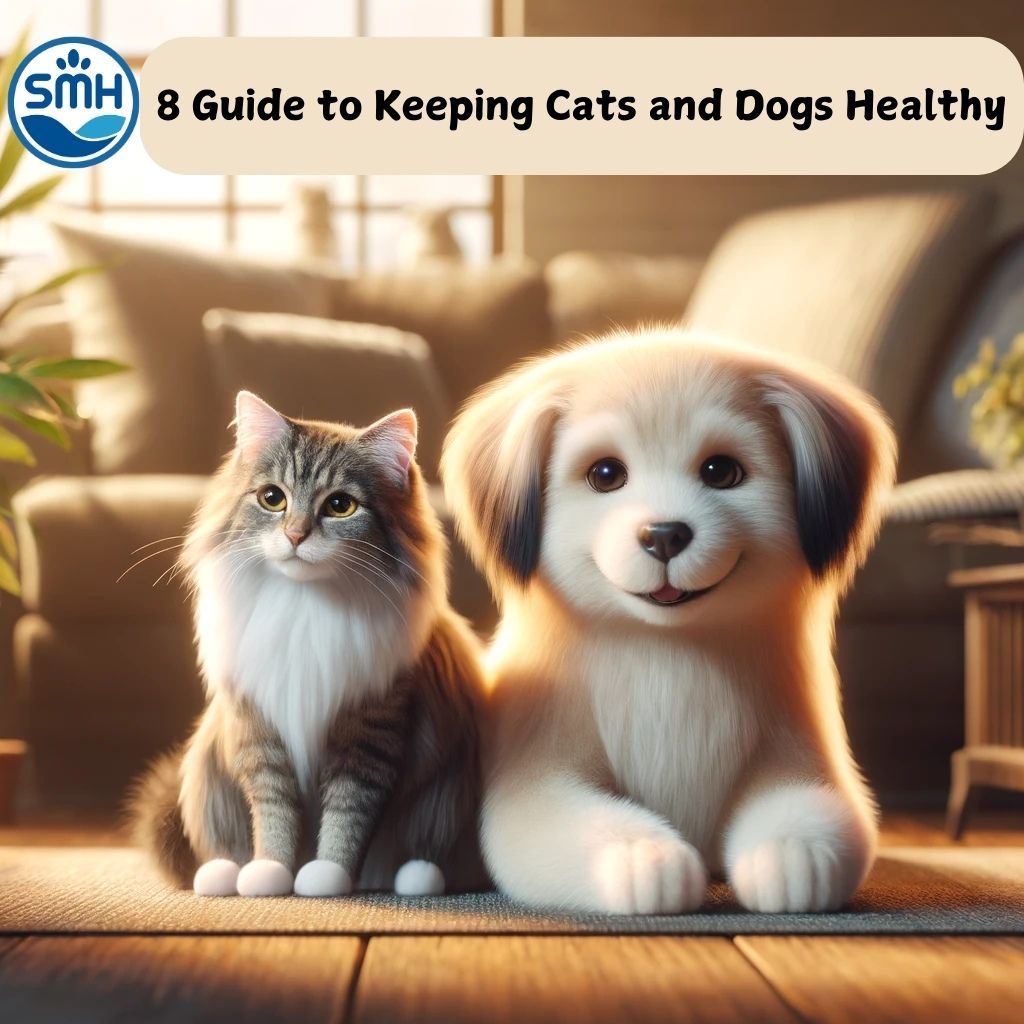
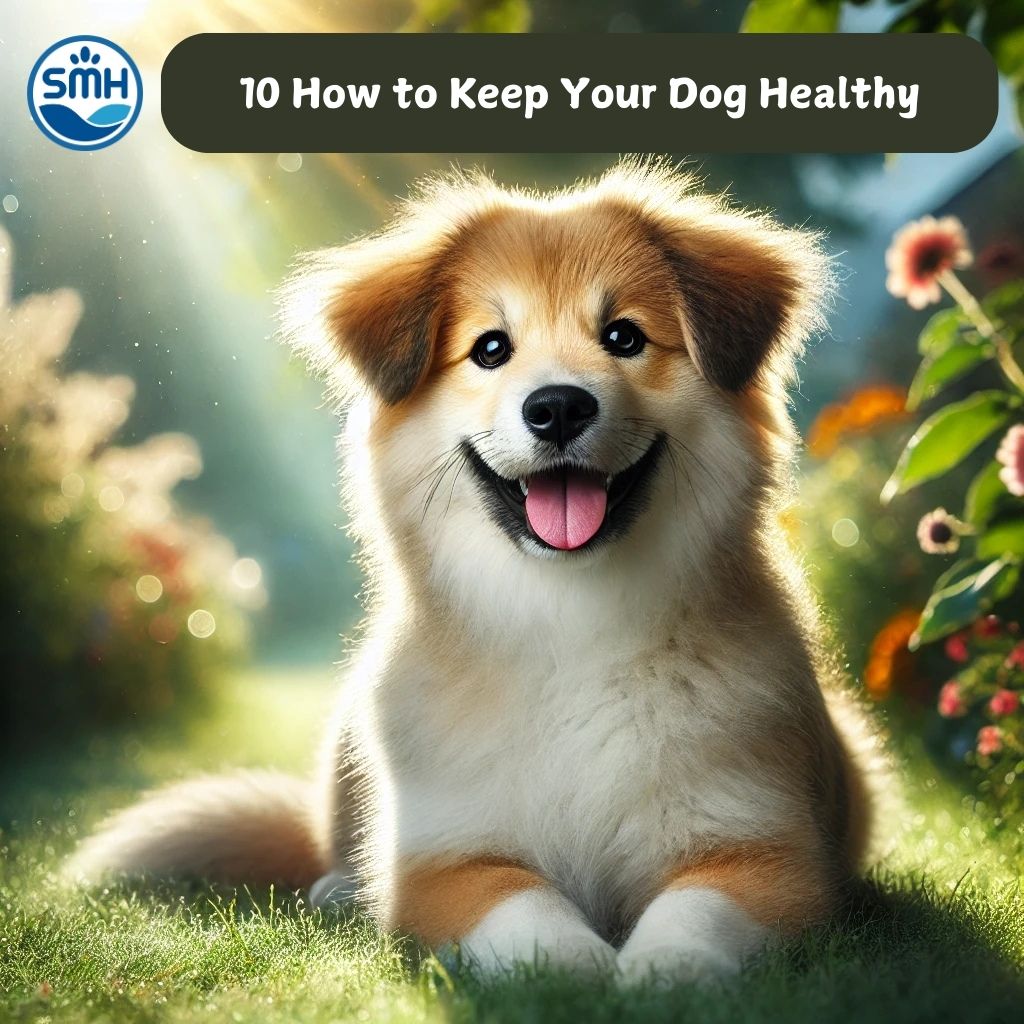
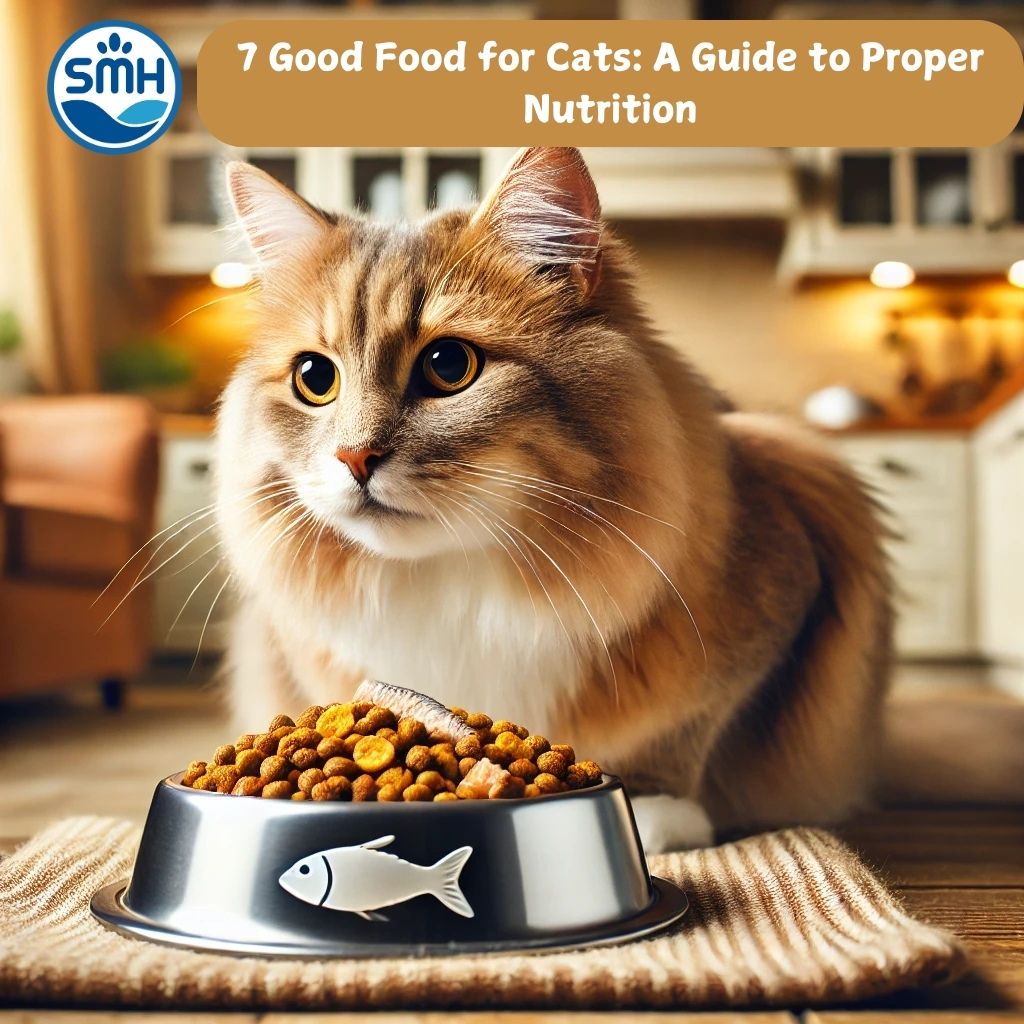
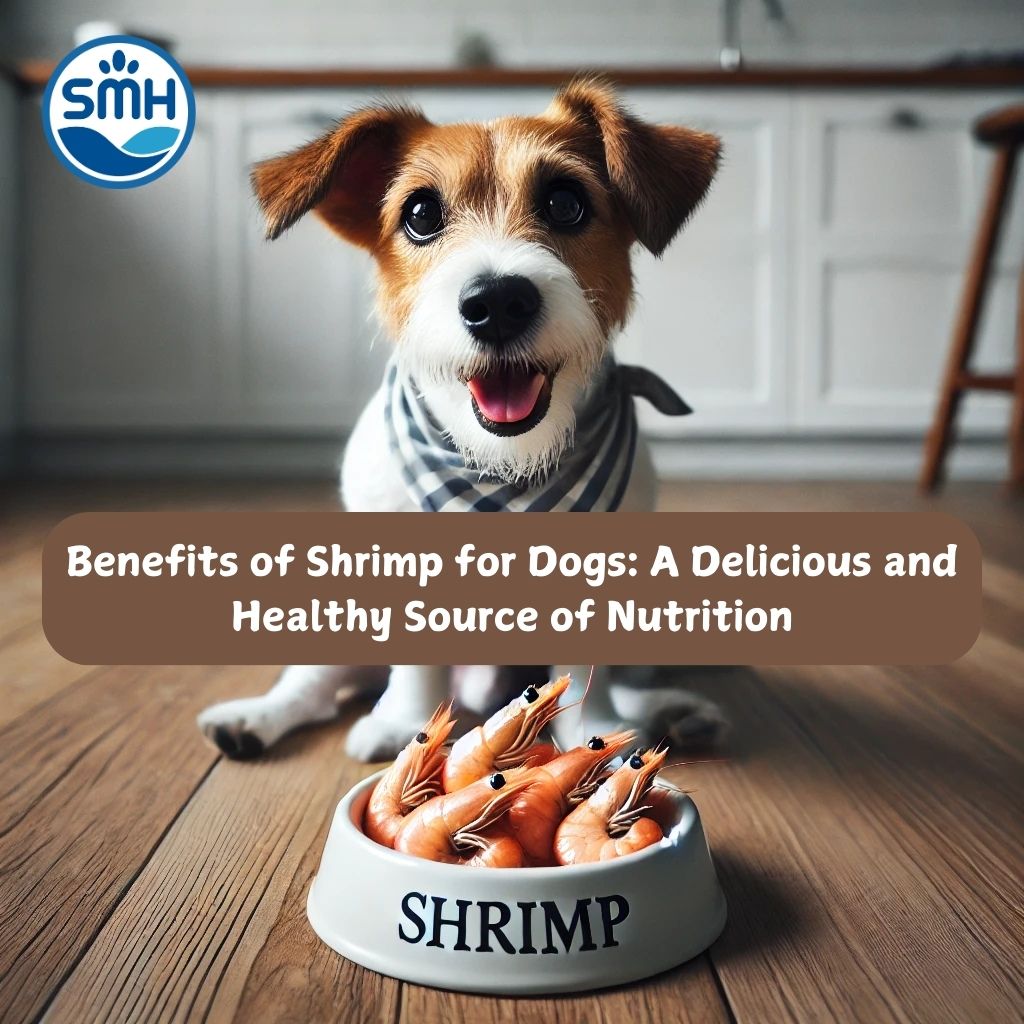
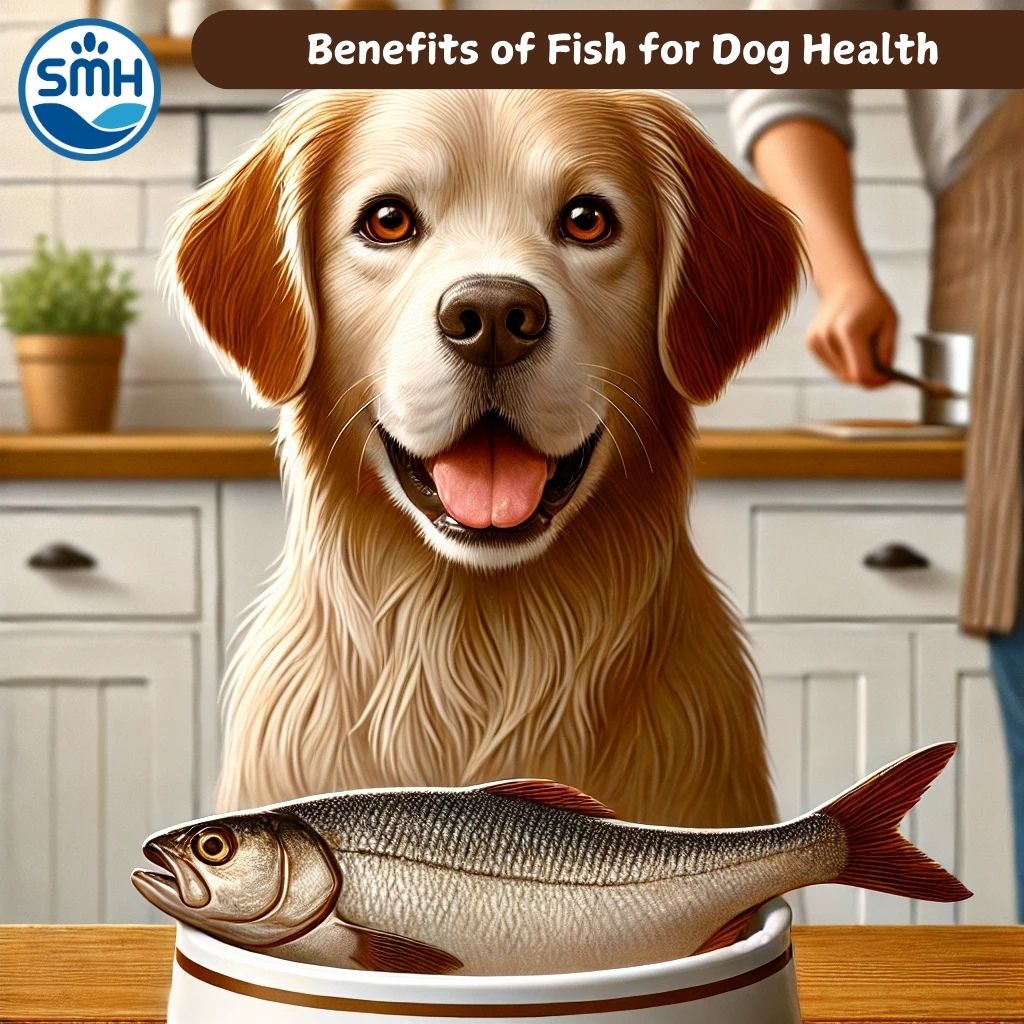
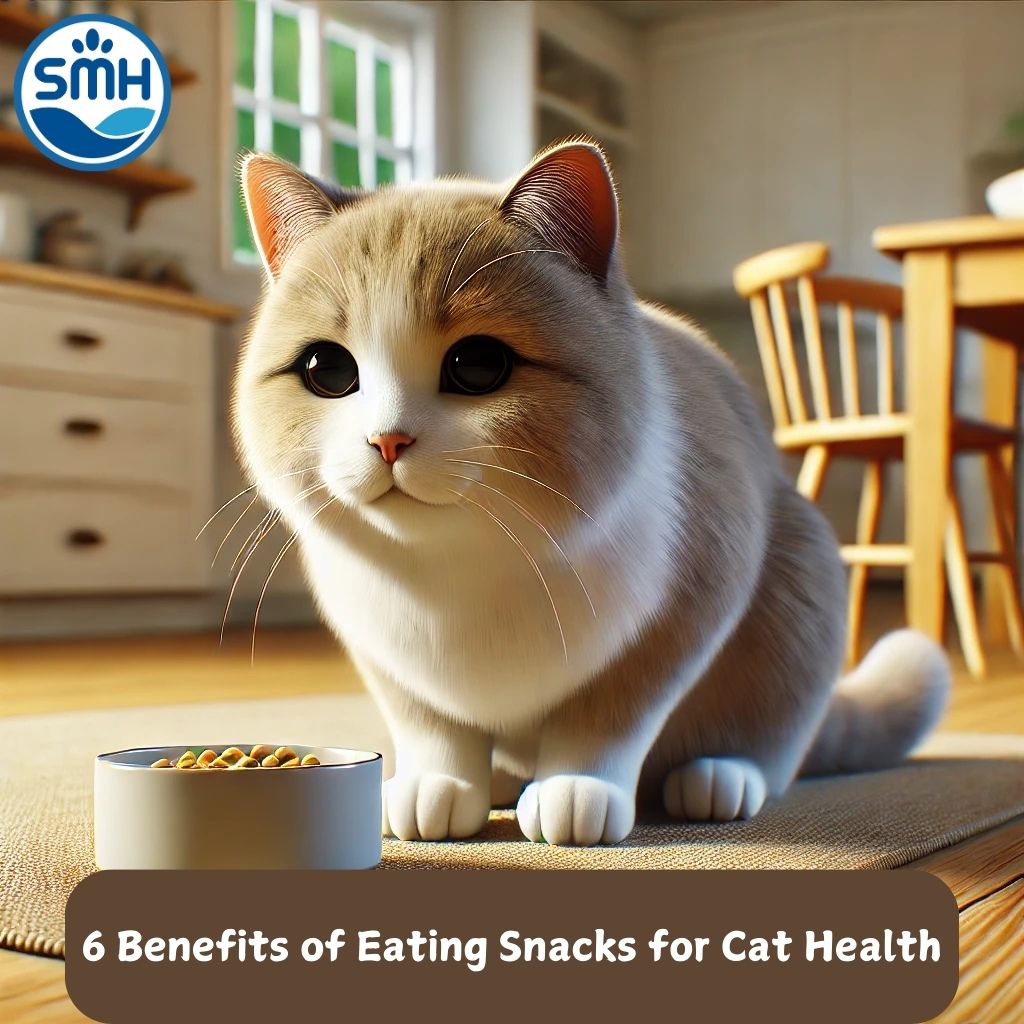
.jpg)